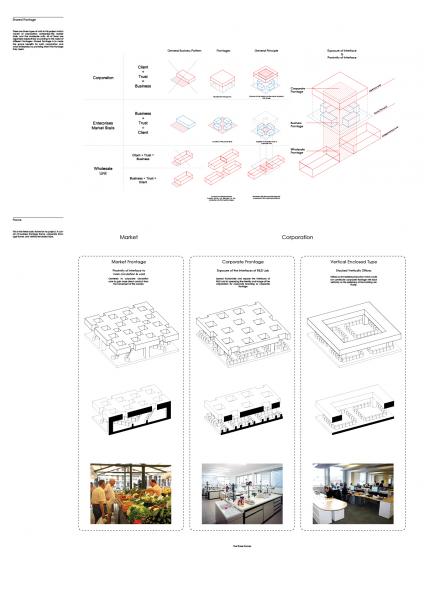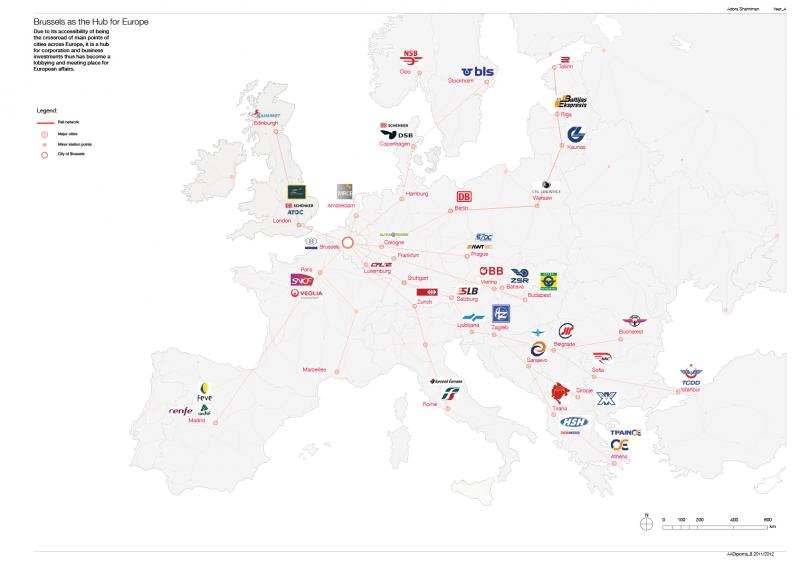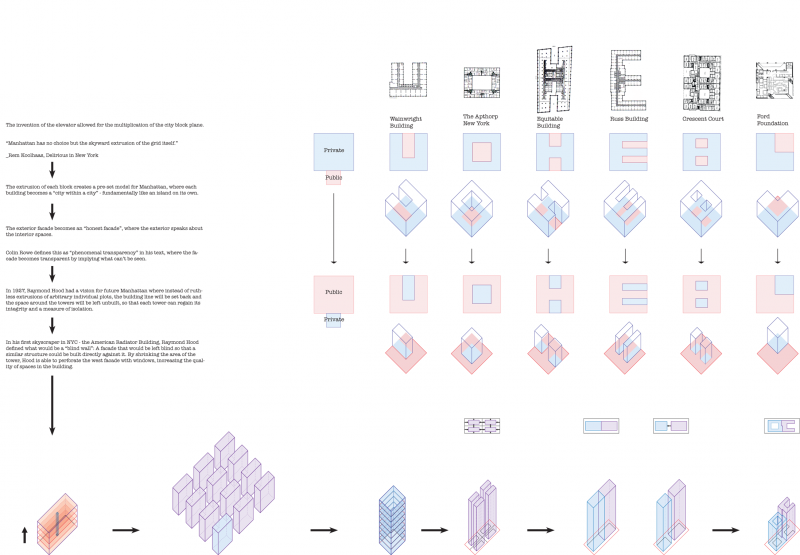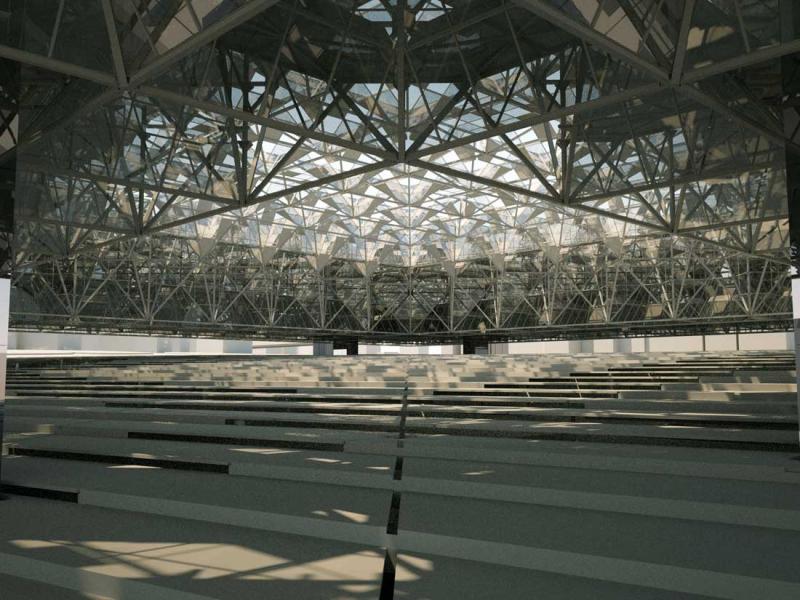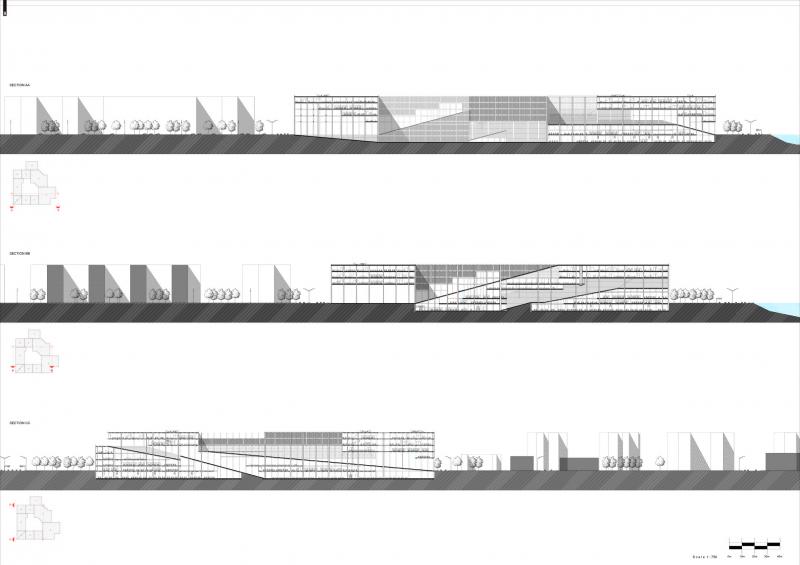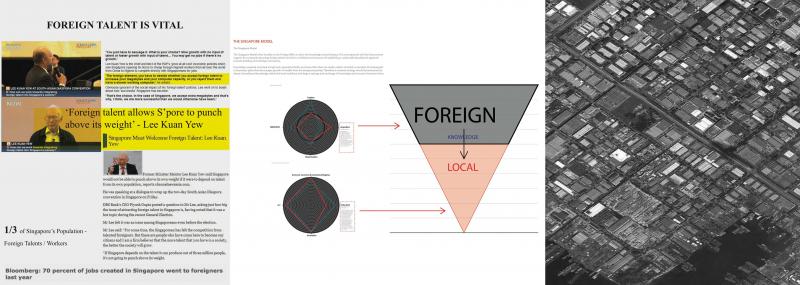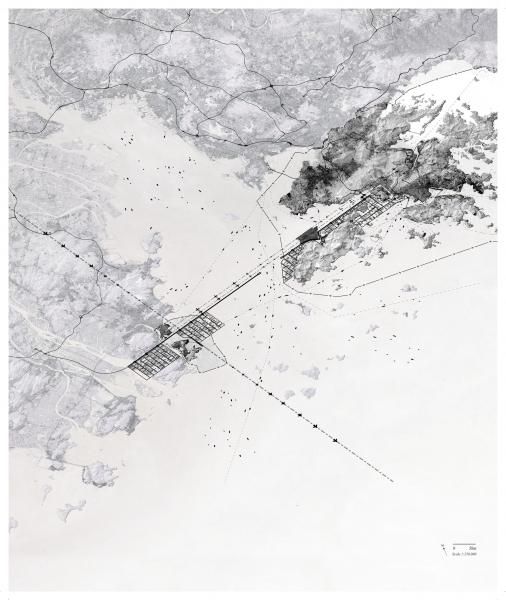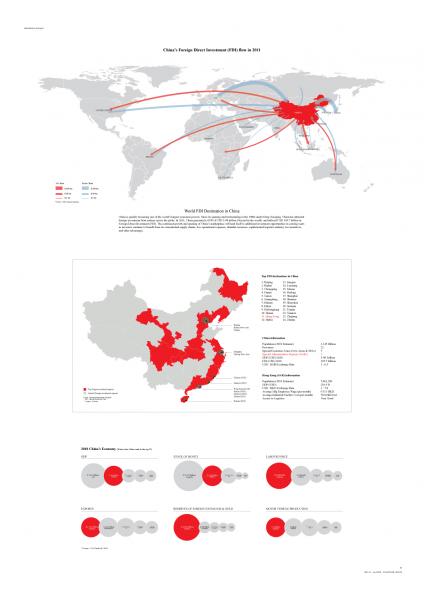Diploma 8’s agenda hinges on the premise that the collective nature of the development of architectural form is self-referential, syntactical and best exemplified through prevalent structures within a given culture. The unit has continued its line of development of architectural organisation as set out in recent years, returning to the matter of the Corporate Domain. Throughout the various renditions of the unit’s interests, a common denominator remains, that of the understanding and practice of Common Form. As such, this year’s brief on the Corporate Domain was as much focused on the evolution of architecture and corporate models as it was an acknowledgement that such models are currently the major characters producing the form of cities today. The focus of Diploma 8 on the Corporate Domain is to be understood as no more than a contemporary looking glass into the much larger historical and more complex discussion of architecture and the city.
The conception of each student project was based on understanding architectural form as inherently rule-driven, beginning with the development of non-scalar frames as the structural basis of any organisational proposition. These frames were then conditioned against context as provided by each student’s personal project brief, demonstrating complexity through a series of primitive relationships of architectural elements. As the unit’s adoption of such a methodology is concerned with what form does rather than what it is, there is a strict insistence on formal propositions remaining comprehensive and legible throughout their development.
On the matter of the contextual argument, more than in previous years, research on corporate trends revealed further evidence of the dichotic relationship of our ever-evolving understanding of the corporation set within open, closed, opening and closing societies. Extended its dissolution of the significance of the state to a dissolution of the urban, the Corporate Domain appears a suitable candidate for opening a discussion to the difficult position of the role of architecture today.
Jury Critics
Peter Karl Becher
Barbara-Ann Campbell-Lange
Javier Castañón
Monia De Marchi
Oliver Domeisen
Shin Egashira
Maria Fedorchenko
Francesca Hughes
Kenneth Fraser
Sam Jacoby
Tobias Klein
Juan Lagos
Theo Sarantoglou Lalis
Marina Lathouri
John Palmesino
Theodore Spyropoulos
Thomas Weaver
Andrew Yau
